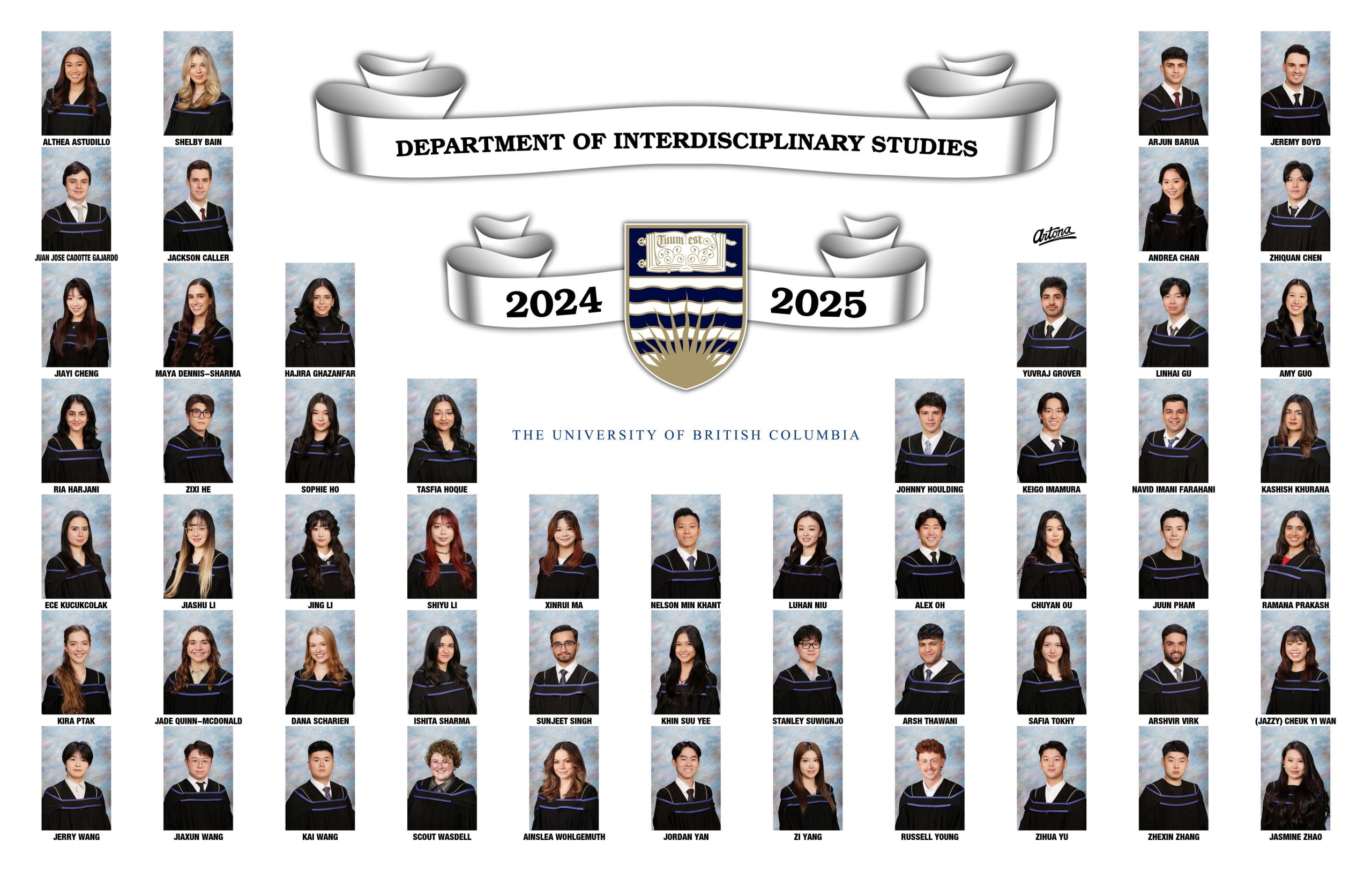

As we strive to create a vibrant learning community, we are excited to introduce this interview series to share interesting study options of current IDST students. In our first instalment, we talk to Charlotte. She is a year 4 IDST student in the thematic study option. Her thematic program is called “Climate Change in Media”.
Tell us about your thematic program
I have chosen to pursue an interdisciplinary, thematic study of social engagement with climate change impacts via media (e.g. mass media, news media, social media, etc.).
The media we consume serves a vital role in shaping our cognitive and affective relationships to prescient social and ecological crises. Thus, I have chosen to explore different frameworks for effective communication of climate issues and climate justice principles (e.g. intersectional anti-oppression; urban climate governance; food, energy, and water sovereignty; Traditional Ecological Knowledge and Indigenous sovereignties and decolonization in climate change discourse, etc.). Through my thematic course of study, I’ve chosen to explore: core climate justice concepts; public opinion on climate issues; science and social dimensions of psychology regarding climate emotions; critical theory rooted in climate justice principles; and key imagery, discourse, and rhetoric of specific climate communications initiatives and social justice movements. Further, through various self-directed research projects, I have synthesized climate communication theories and techniques for communicating climate justice principles through mediums such as community-based research, digital activism, and climate storytelling.
What is one word you would use to describe IDST and why?
Connection. While interdisciplinary research is commonly portrayed as “scattered” or “fragmented”, I have found that IDST’s thematic study option provides me with a structure to delve into a topic that would otherwise be challenging to comprehend comprehensively. During my tenure in the IDST program, I have forged meaningful connections with fellow climate justice activists and researchers. I am profoundly thankful for the department’s support in establishing community and connection at UBC.
Any advice to impart to potential IDST students?
Pursuing an IDST degree typically demands a heightened level of self-advocacy compared to may other academic programs. Anecdotally, I’ve heard many IDST students recount the challenges they encountered when attempting to convince individual professors to admit them to classes that would enrich their learning. While advocating for yourself and your educational needs in unfamiliar environments can be difficult, this skill proves invaluable in a wide range of contexts. Notably, it becomes a vital asset in future endeavours such as job searches, application processes, and interpersonal communication.


